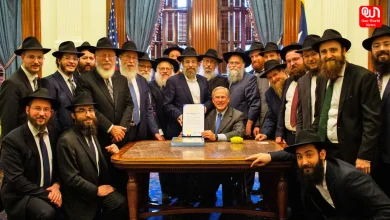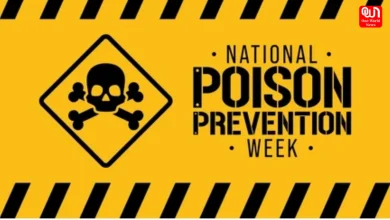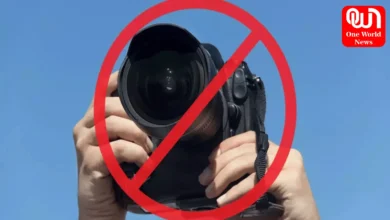Social Media Influencers will be fined for lakhs if they don’t follow these rules

Social media Influencers who violate the rules may have to pay heavy fines up to 50 lakh rupees or be prohibited from endorsing goods for up to 6 years.
We have witnessed the importance of social media quickly increase over the past ten years. Social media is used by more than 4.26 billion people worldwide. People scroll through their social media feeds and get influenced by them. Today’s most popular influencers are those who become well-known through their relatable social media posts. These influencers collaborate with the brands and promote their products.
With the new regulations, one of which includes the publication of transparent disclosures about brand relationships, the government imposed sanctions on the expanding social influencer industry on Friday to increase transparency and safeguard consumers. Influencers who violate the rules run the risk of paying heavy fines of up to 50 lakh rupees or being prohibited from endorsing goods for up to 6 years.
According to Nidhi Khare, the head of the Central Consumer Protection Authority (CCPA), disclosures will need to be made public whenever an advertiser has a “material connection” with a celebrity or any influencer.
As businesses rely more on influencers to advertise items to their audience in a more accessible and personal way, the social influencer market is expected to reach $2,800 crore by 2025.
According to Khare, the rules will apply to everyone who has “access to an audience and the authority to influence viewers’ purchasing decisions”. “The disclosure, in an endorsement message, should be in a manner that is clear, prominent and hard to miss. In case of endorsement in a picture, disclosure should be superimposed over the image for viewers to notice. In a video, it should be placed in the video and not just in the description. And in the case of a Livestream, disclosure should be displayed continuously in the form of a ticker during the entire length of the stream.”
Sh. Rohit Kumar Singh, Secretary, DoCA, Govt of India chaired a Press Conference to release "Endorsements Know hows – for Celebrities, Influencers and Virtual Influencers for social media platforms. It specifies ‘WHO, WHEN And HOW TO DISCLOSE’ in any endorsement. pic.twitter.com/0I4q7sDKSS
— Consumer Affairs (@jagograhakjago) January 20, 2023
Personal care and the apparel industries, which use social media influencers to advertise their products the most, will be most affected by the new regulations, according to Consumer Affairs Secretary Rohit Kumar Singh.
Read More- Famous Social media Icons who glammed up the gram game
“The overarching framework is the Consumer Protection Act, which is supposed to protect the rights of the consumers. And the bottom line in this context is the control and prevention of unfair trading practice,” Singh added. “Consumers should know if something is thrown at them from digital media, the person or entity sponsoring it has taken money or any form of connection they have with the brand.”
“If rules are broken, there are provisions in the law that allow customers to contact the authorities to take legal action against those responsible”, Singh continued.
Khare stressed that deceptive advertising of any kind, in any format, is forbidden. She said, “The new guidelines have established who must disclose, when to disclose, and how to disclose.”
“Material connections are not limited to benefits and incentives alone. It could be monetary or other kinds of compensation. It could be free products with or without conditions attached, including those that received unsolicited discounts or gifts. Trips or hotel stays, media barters, coverage and awards or any family, personal or employment relationship will be called material connection,” Khare said.
The 2019 Consumer Protection Act’s guidelines are compared with the new regulations. The law took such measures to safeguard consumers from deceptive advertising and unfair trade practices.
In June last year, the Department of Consumer Affairs released regulations to stop embezzling advertising and endorsements. The regulations specify the requirements for legitimate ads as well as the responsibilities of the product developers, service providers, marketers, and advertising agencies. The rules also checks the functioning of endorsers and influential personalities.







